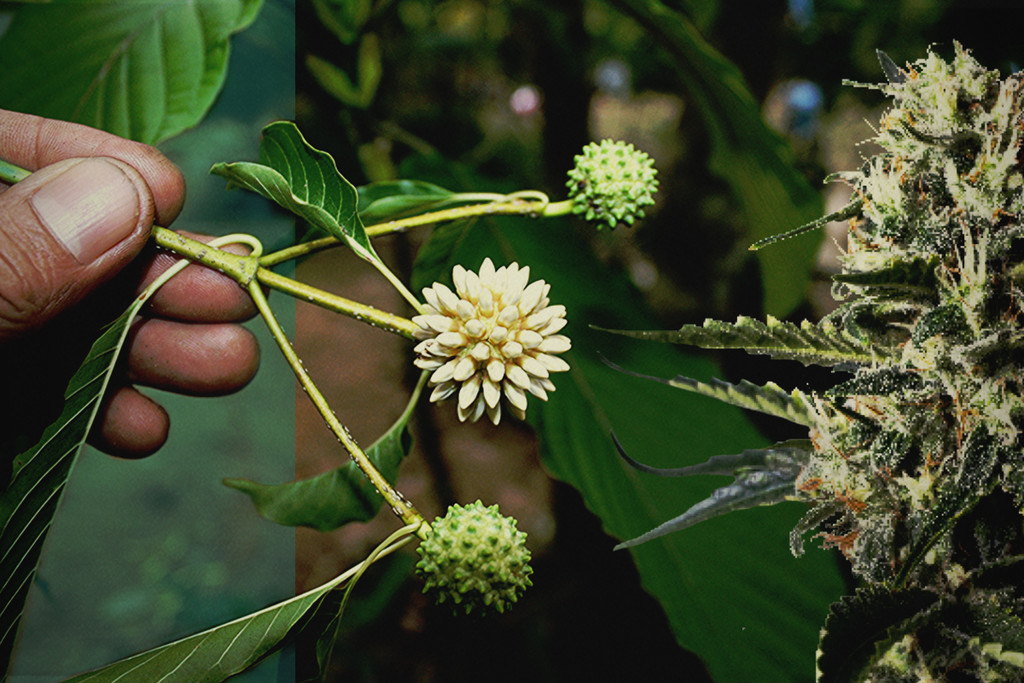Image via
The US Agency for Healthcare Research and Quality (AHRQ) is conducting a review on the potential analgesic effects of cannabis and kratom, and they want your help.
In a new request published in the Federal Register, the agency explains that it is “seeking scientific information submissions from the public… to inform our Living Systematic Review on Plant-Based Treatment for Chronic Pain.” This review aims to identify the benefits or harms of using cannabis or kratom to treat chronic pain. The AHRQ has commissioned the Evidence-based Practice Centers (EPC) Program to identify clinical research studies that address these topics.
The federal government has also requested the public’s assistance in identifying relevant research. The agency is asking researchers to submit links to studies that have already been entered into the government’s ClinicalTrials.gov database, or to submit detailed information on studies that are not part of this database. Submissions will be accepted until January 4th of next year.
“Some data suggest that cannabinoids may have analgesic properties, though research in this area is mixed,” the AHRQ wrote. The agency also notes that THC “has demonstrated analgesic properties, though its psychoactive effects and abuse potential increase its risk and suitability as an analgesic,” and that “other cannabinoids… may also have some analgesic or anti-inflammatory properties and are not thought to be psychoactive or addictive.”
The AHRQ already conducted a prior review on cannabis as a treatment for chronic pain, but found “too little evidence to draw meaningful conclusions on either benefits or harms” at the time. The agency did acknowledge the fact that federal prohibition has made cannabis research difficult, however.
“Although some PBCs [plant-based compounds] thought to reduce pain are currently classified as Schedule I by the Drug Enforcement Administration, the recent legalization of cannabis by several states may lead to more, and higher quality, research on them,” the agency explains. “Initiatives to develop and study alternative interventions for chronic pain are expected to contribute to this increase in research on PBCs, specifically for pain.”
There is no shortage of clinical research showing that cannabis can effectively treat chronic pain, so the AHRQ should have no trouble compiling a compelling report. Dozens of research studies have found that cannabis can help chronic pain patients wean themselves off of opioids and get better sleep. Other studies have confirmed that opioid prescriptions are declining in states with legal adult-use or medical pot, and CBD alone has been linked to decreased opioid use.
The AHRQ is no stranger to asking for public input about natural medicines being used as alternatives to pharmaceutical treatments. Earlier this year, the agency asked the public to submit studies proving that cannabis and other alternative therapies can help patients suffering from acute pain and migraine headaches.











